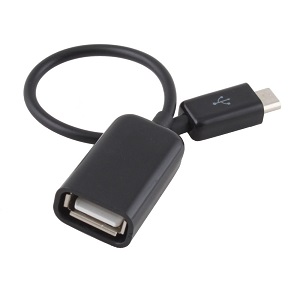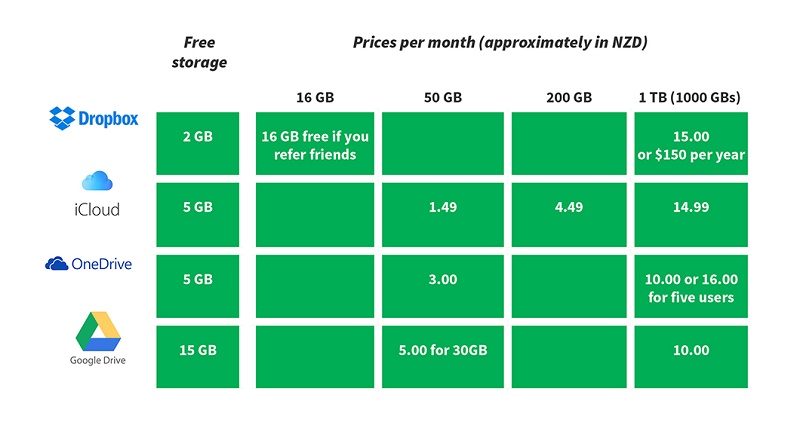Backing up is not only recommended but essential for all electronic devices that store information as these can crash. By backing up your device, you’ll ensure none of your hard work or precious documents are lost if your computer does crash.
Learning the hard way
 While studying for a Business Degree by correspondence I was three quarters of the way through a 5000 word assignment when my laptop crashed and I lost everything that hadn’t been backed up on a separate device. This included my assignment and associated research. I had two days to start again and submit my assignment.
While studying for a Business Degree by correspondence I was three quarters of the way through a 5000 word assignment when my laptop crashed and I lost everything that hadn’t been backed up on a separate device. This included my assignment and associated research. I had two days to start again and submit my assignment.
This involved some long days and even longer nights. One saving grace was the fact that I had until 9 am on the date due to submit online and didn’t have to post or hand deliver the assignment. I also had a very supportive boss who allowed me to use the work computer over the weekend to complete the work.

This was one lesson I never forgot and now all my photos, videos, music, copies of passports, travel documents, legal documents, and anything that would make life difficult if I couldn’t have access to it, is backed up on several devices from USB sticks and micro SD cards to a separate portable hard drive.
Files can be swapped between devices by using either the charging cable that comes with the smartphone or tablet or a USB connector, such as the one pictured, available from most tech stores. This plugs into the charging slot on a smartphone or tablet and then into a standard USB slot on a laptop, computer or separate hard drive.
Cloud-based storage
Another option for really valuable data is to store it offsite, in case of fire or theft. For this reason I am currently researching cloud-based storage and have looked at the main ones:
• Dropbox
• iCloud (Apple)
• One Drive (Microsoft)
• Google Drive
Cloud-based storage systems are large servers owned by companies who allow members to use their servers. Files stored can be accessed from any device and are password secured. This means photos and videos can be stored in ‘the cloud’ while on holiday, thus freeing up storage space on devices.

As none of my devices are Apple products, I discounted iCloud. One Drive offers a 5GB free option which can be upgraded to 1TB at $6.99 per month. It seems to be aimed at Office 365 users, which requires Windows 7 and up. My laptop uses Vista and Office Suite 2010. Also when researching One Drive’s website I couldn’t access other plan charges without signing up.
Reviews of cloud-based storage options seem to be mixed, with many people saying they have free accounts with two or more providers. Each provider only allows one free account per user. Dropbox’s option of earning up to 16GB free sounds good, but you need to refer 32 ‘friends’ (who have to join up and download the desktop app) each year to get the full 16GB.
I am leaning towards Google Drive. 15 GB of storage would be plenty to upload any photos and videos that are taken while I’m travelling. It would also ensure I could access any travel or legal documents should the need arise for replacements while I’m away from home.
Carol Bron, Age Hacker









Join the Discussion
Type out your comment here:
You must be logged in to post a comment.